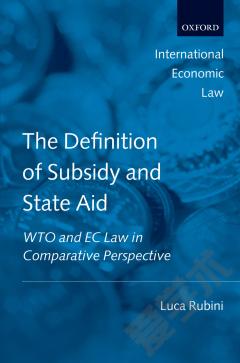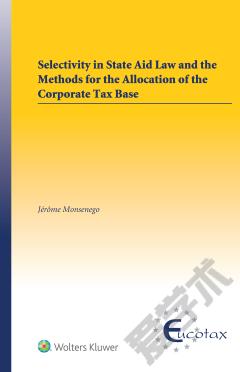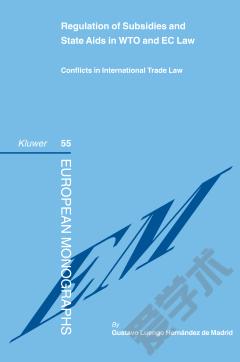State Aid, Subsidy and Tax Incentives under EU and WTO Law
In the process of globalization, incentives occupy an increasingly important place on the legal scene. Given the critical importance of taxation systems, fiscal measures have become decisive tools to confer incentives in the different stages of the tax raising process. Yet the application of tax incentive rules (via such measures as exemptions, credits, deferrals, cancellations or allowances) remains complex and intricate. Against this background, the regulatory framework of tax incentives, which applies at national levels, derives from two major sources: the law of State aid under EU law and the law of subsidies under WTO law. These two legal systems affect and shape the internal structure of national tax systems. Their adaptation to direct taxation may however be fraught with difficulties. Given that aids and subsidies granted in the form of tax advantages have proliferated over the last decade, it is crucial to investigate whether EU and WTO regulation in this regard is compatible with national tax systems.
{{comment.content}}








 京公网安备 11010802027623号
京公网安备 11010802027623号